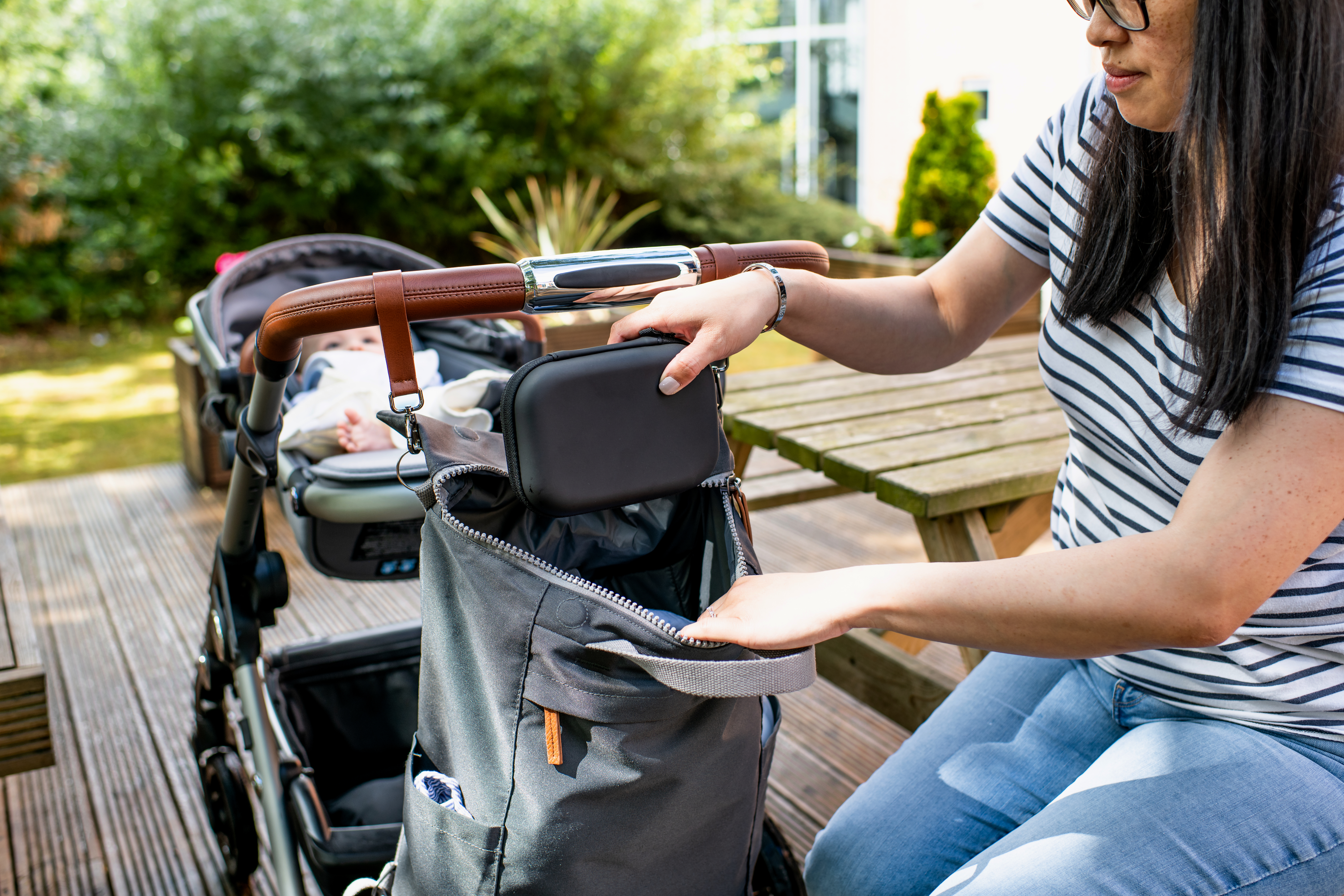Your little one goes through a massive amount of nappies every day… probably around 50-80 per week. And there’s really not a lot (aka nothing) you can do about the amount of nappy changing you’ll have to tackle. But have you thought about how you’ll be disposing of those dirty nappies?
Dirty nappies obviously hold a good deal of human waste, so they could potentially be a health hazard if anyone or anything encounters them. Because of this, there are some things to think about when disposing of your little one’s nappies.
We’re here to answer your burning questions on how to dump your little one’s big messes.
Are disposable nappies biodegradable?
No, they’re not.
Disposable nappies actually account for around 2-3% of all household waste and, along with the rest of the general waste, they will probably end up being burned or left to slowly (like 500 years, slowly) decompose in landfill.
So, they’re definitely not the most eco-conscious option on the market. If you’re looking for something a little kinder to the planet but still quick and convenient, you could opt for specifically biodegradable nappies or ‘half-and-half- nappies, which you still dispose of as you would normal nappies.
Alternatively, you could go full cloth and opt for washable nappies. This option will save you a lot of money in the long run and can often be kinder to your baby’s bum. But it does take quite a bit more effort and a lot more dealing with the… stinkier side to nappy changes.
The choice is 100% yours to make.
Can disposable nappies go out of date?
No, not really.
Baby number 1 has grown out of their nappies and then baby number 2 comes along – you still have spare nappies in the cupboard, do you use them? General consensus is – sure!
Some nappy brands do have an expiry date on their packaging, but normally that’s due to the expiration of the colouring on the nappies, rather than the nappy itself. Medical professionals recommend using nappies within 2 years of purchase but there really isn’t much info out there that suggests using expired nappies is at all harmful. If anything, they might be a little less absorbent or less stretchy than brand-new nappies – but nothing to worry about.
Can nappies go in general waste?
Absolutely.
Your nappies should go in your general waste bin, but there are a few things you can do before that, that make them a little safer.
If you can, dump the contents of the nappy into your toilet before you wrap up your little one’s dirty nappy. It’s always beneficial to get any excess human waste down the toilet where it’s meant go before it goes in the bin.
Ball up the nappy tightly into a ball so it doesn’t come open in the bin.
Wrap it up! If you don’t have a handy nappy bin, you can always wrap your baby’s nappy up in a Ziploc bag or any bag you have lying around. But if you’re after a more convenient and eco-friendlier option, you can get yourself a Twist & Click nappy bin, which wraps your nappy in sustainably sourced GREENFILM and keeps nasty odours at bay whilst doing so!


